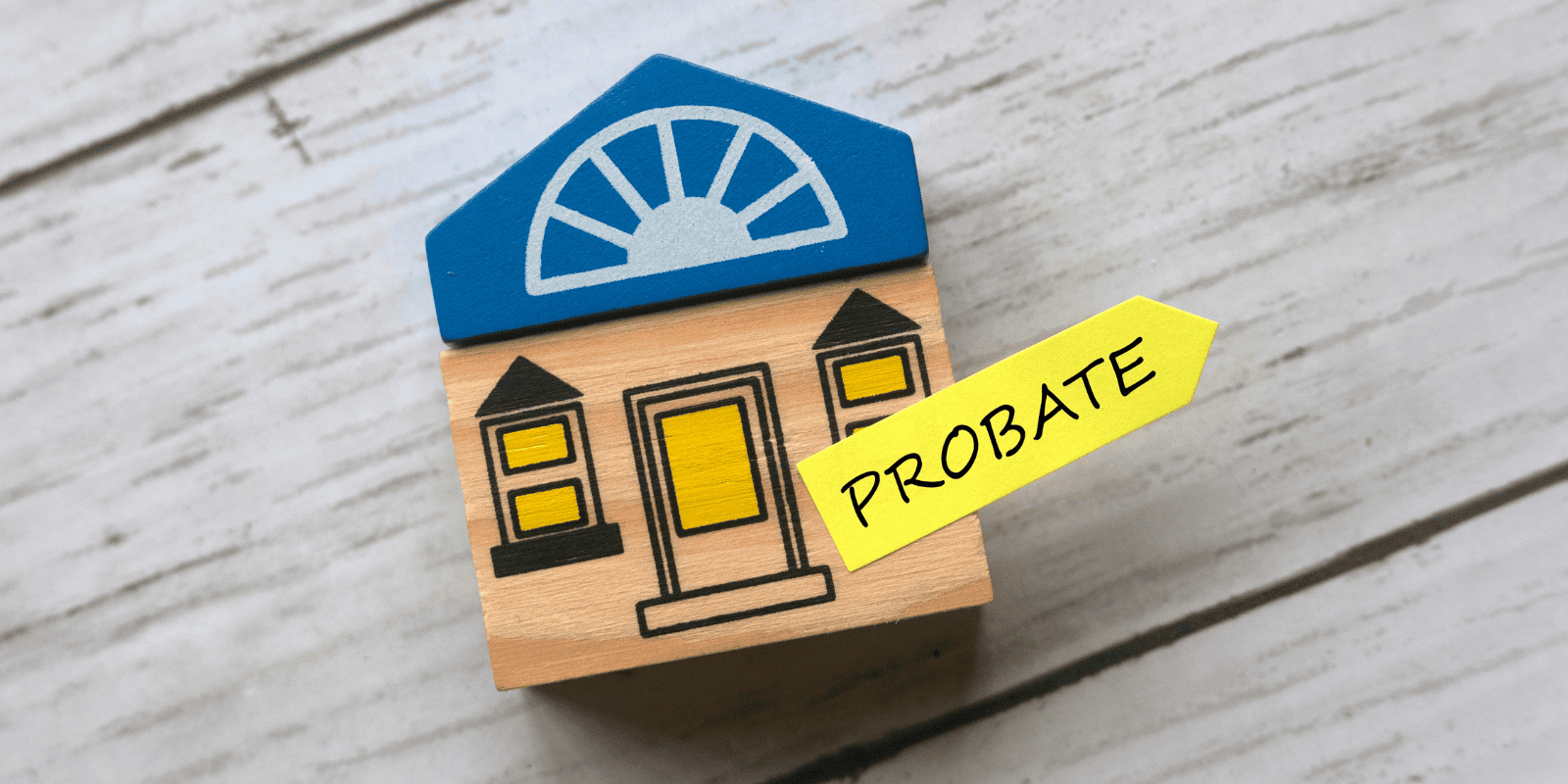Probate is an essential legal process that occurs after a person’s death to distribute their assets and settle any outstanding debts. At 3 Oh 4 Investments, we recognize the importance of understanding probate and its implications.
In this comprehensive guide, we will provide a detailed explanation of what probate is, how it works, and its significance in estate planning and asset distribution. We also provide information on cash home buyers and how they can help you avoid the probate process in Gerrardstown entirely.
What is Probate?
Probate refers to the legal process through which a deceased person’s assets are distributed, and any outstanding debts or taxes are settled. The process typically takes place under the supervision of the court and ensures that the decedent’s property is transferred to the intended beneficiaries in accordance with their will or state laws.
How Does Probate Work?
The probate process involves several steps, including:
1. Filing a Petition
The first step is to file a petition with the probate court, initiating the probate process. The court validates the will (if there is one) and appoints an executor or personal representative to oversee the administration of the estate.
2. Inventory and Appraisal
The executor identifies, inventories, and appraises the decedent’s assets, including real estate, financial accounts, personal belongings, and investments. This step involves gathering all relevant documentation and, if necessary, obtaining professional appraisals.
3. Notice to Creditors and Beneficiaries
The executor provides notice to creditors, giving them an opportunity to submit claims against the estate. Additionally, beneficiaries named in the will, as well as potential heirs, are notified of the probate proceedings.
4. Payment of Debts and Taxes
During probate, outstanding debts and taxes owed by the deceased person are paid using the assets of the estate. This includes settling mortgages, credit card bills, medical expenses, and any other valid claims against the estate.
5. Distribution of Assets
Once all debts and taxes have been settled, the remaining assets are distributed to the beneficiaries as specified in the will or according to the laws of intestate succession if there is no will. The executor oversees the distribution process and ensures that it is carried out accurately.
6. Probate Closure
After all assets have been distributed, the executor files a final accounting with the court, providing a detailed report of the estate’s administration. Once the court approves the accounting, the probate process is closed, and the executor’s responsibilities come to an end.
The Significance of Probate
Understanding probate is crucial for several reasons:
1. Asset Distribution
Probate ensures that a deceased person’s assets are distributed to the intended beneficiaries or heirs according to their wishes or state laws. It provides a legal framework to validate the will, resolve disputes, and ensure a fair distribution process.
2. Creditor Protection
Probate allows for the identification and payment of the decedent’s debts and taxes. This protects the rights of creditors and prevents the distribution of assets before obligations are settled.
3. Estate Administration
Probate provides a structured process for the administration of the estate. The court’s oversight helps maintain transparency and accountability, ensuring that the executor fulfills their duties in accordance with the law.
4. Dispute Resolution
In cases where disputes arise regarding the validity of the will or the distribution of assets, probate provides a mechanism to resolve conflicts. The court can intervene and make determinations based on the evidence presented.
5. Estate Planning Considerations
Understanding probate can influence estate planning decisions. Individuals may explore strategies to make the probate process easier, such as establishing living trusts or gifting assets during their lifetime.
Conclusion
Probate is a critical legal process that ensures the proper distribution of assets and settlement of debts after a person’s death. By understanding the intricacies of probate, individuals can navigate estate planning and asset distribution effectively. The steps involved in probate, including filing a petition, inventory and appraisal, notice to creditors and beneficiaries, payment of debts and taxes, distribution of assets, and probate closure, collectively contribute to a fair and orderly process.
Is it possible to sell your probate home in Gerrardstown fast? Yes, if you sell it to our team at 3 Oh 4 Investments!
We buy houses in Gerrardstown, WV with our own money, which means that the choice to accept or reject our offer once we make you a FAIR CASH OFFER for your home is entirely up to you. If our cash offer does not meet your expectations, you are under no obligation to accept it. Call (304) 314-4341 now to learn more about our property buying program.




